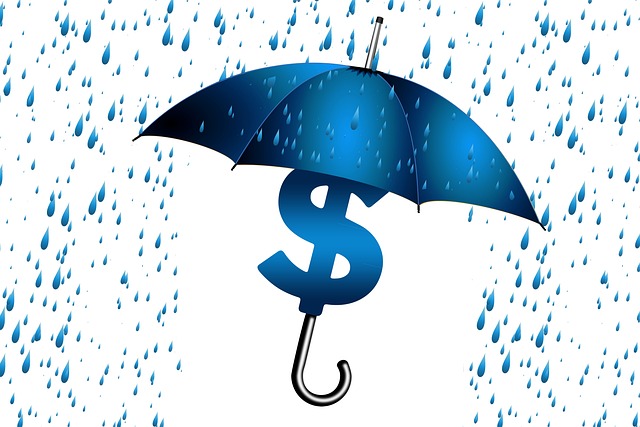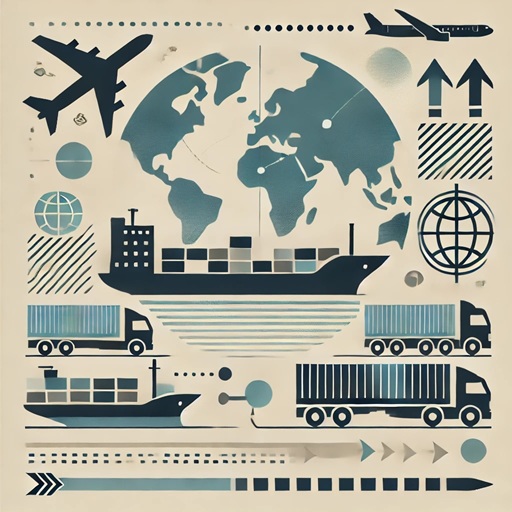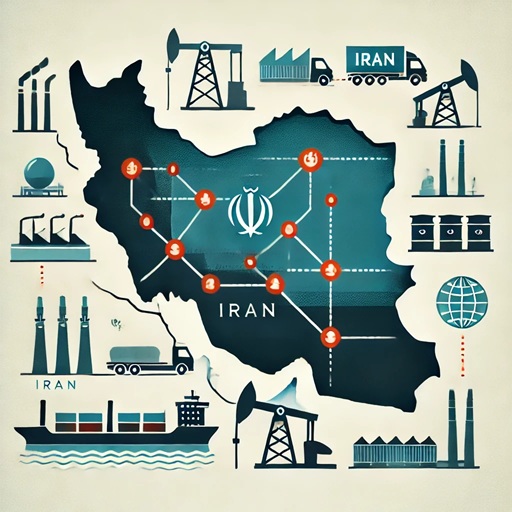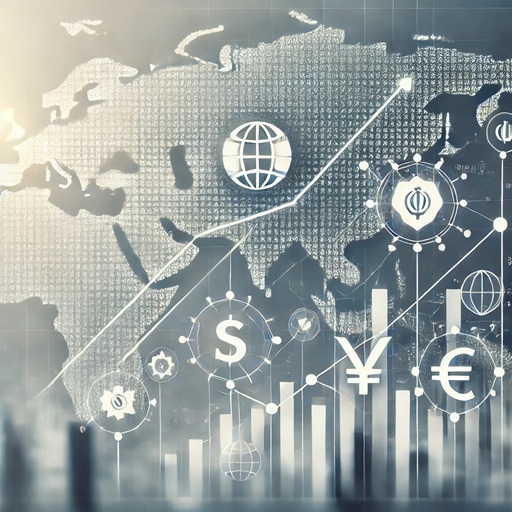Introduction
Global events might seem distant and unrelated, but their effects can swiftly ripple into local economies, influencing markets in profound ways. From geopolitical tensions to natural disasters and technological shifts, these occurrences impact prices, supply chains, consumer behavior, and more. Understanding these effects empowers business owners and managers to make informed decisions and navigate uncertainties effectively.
The Impact of Global Events on Local Economies
- Geopolitical Tensions
Wars, sanctions, and trade disputes can disrupt supply chains and inflate costs for goods. For example:
- Russia-Ukraine Conflict: This war led to a surge in global wheat prices, as Ukraine is one of the top exporters of wheat. In Iran, this resulted in higher bread and related product prices, straining household budgets.
- International Sanctions: Sanctions against Iran have severely limited access to technology and raw materials, increasing production costs and reducing competitiveness in global markets.
Business owners must remain vigilant and adaptive. For instance, during the Russia-Ukraine conflict, some Iranian exporters diversified their markets to reduce dependency on affected regions.
- Natural Disasters
Natural disasters like earthquakes, floods, and hurricanes can rapidly destroy infrastructure, disrupt exports and imports, and impact commodity prices.
- Real-World Example: The 2011 tsunami in Japan caused the shutdown of nuclear power plants and disrupted Toyota’s automotive production. This event had a ripple effect on global supply chains, increasing the cost of vehicles worldwide.
Local businesses relying on imported components faced delays and higher costs. Managers in similar situations should consider diversifying suppliers and investing in inventory buffers to mitigate risks.
- Pandemics and Health Crises
Pandemics can swiftly paralyze entire economies and alter consumer behavior.
- COVID-19 Pandemic: The pandemic caused widespread business closures, reduced travel, and shifted consumer spending toward online shopping and essential goods. In Iran, small businesses like restaurants and retail stores were among the hardest hit.
Companies that adapted quickly, such as those transitioning to e-commerce or offering delivery services, not only survived but thrived during the crisis. This highlights the importance of agility and innovation in responding to sudden changes.
- Energy Price Volatility
Oil and gas prices are highly sensitive to OPEC decisions, political tensions, and natural disasters.
- Oil Price Spike in 2022: OPEC’s decision to cut production led to a surge in oil prices. For Iran, this meant increased oil revenues but also higher fuel costs for local businesses and consumers.
Business managers can prepare for such fluctuations by implementing energy-saving measures, securing long-term supply contracts, or exploring renewable energy options to reduce dependency on fossil fuels.
- Technological Advancements
Technological breakthroughs can disrupt entire industries. For instance:
- The rise of electric vehicles (EVs) is reshaping global energy markets, reducing demand for oil while increasing the need for lithium and other rare minerals.
Businesses involved in traditional automotive supply chains must innovate or risk obsolescence. Companies in Iran can leverage opportunities in EV-related industries, such as battery production or charging infrastructure.
Practical Tips for Business Owners and Managers
- Stay Informed Regularly follow global news and economic trends to anticipate changes and adjust strategies accordingly. Subscribing to reputable business analysis platforms or consulting with economic advisors can provide valuable insights.
- Example: Platforms like Bloomberg, Reuters, or regional economic bulletins offer daily updates on market trends.
- Diversify Supply Chains Relying on a single supplier or market is risky. Explore alternative sources for raw materials and consider regional suppliers to reduce vulnerability to global disruptions.
- Example: During COVID-19, companies that had diversified supply chains managed to keep operations running, while others relying solely on China faced severe delays.
- Invest in Technology Use data analytics tools to monitor market trends and forecast demand. Technologies like AI can help businesses make more accurate predictions and optimize operations.
- Example: Iranian e-commerce platforms implementing AI for personalized shopping experiences saw a significant rise in customer retention.
- Develop Emergency Plans Create contingency plans for potential crises. This includes stockpiling essential materials, securing alternative transport routes, and training staff for emergency responses.
- Example: Retailers in flood-prone areas often maintain higher inventory levels of essentials to handle sudden disruptions.
- Collaborate with Industry Peers Networking with other businesses in your industry can lead to shared solutions for common challenges. Trade associations and business forums can be invaluable resources.
- Example: Joining organizations like the Tehran Chamber of Commerce can provide access to resources, seminars, and industry connections.
- Leverage Government Support Stay updated on government policies and programs that can provide financial aid, tax relief, or other forms of support during global disruptions.
- Example: Iran’s Ministry of Industry, Mine and Trade often announces initiatives to support SMEs during economic downturns.
Conclusion
Global events directly and indirectly affect local economies and businesses. By understanding these dynamics and implementing proactive strategies, businesses can not only mitigate negative impacts but also identify new opportunities. Preparedness, adaptability, and strategic planning are essential for thriving in an ever-changing global landscape.
References
- “Economic Impacts of the Russia-Ukraine Conflict” – World Bank (2022)
- “The Effects of COVID-19 on Global Supply Chains” – McKinsey & Company (2020)
- “Energy Market Volatility and Business Adaptation” – International Energy Agency (2022)
- “Technological Disruptions in Automotive Supply Chains” – Deloitte Insights (2021)
- Local and regional reports from the Tehran Chamber of Commerce and Iran’s Ministry of Industry, Mine, and Trade














